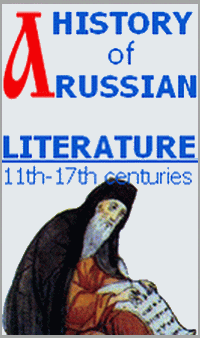Ancient Nahuatl Poetry ||| ANOTHER CHALCO-SONG, A POEM OF TETLEPAN QUETZANITZIN
Category: Ancient Nahuatl PoetryNOTES FOR SONG VI.
Most of the poems in this collection are not assigned to any author,
but this, and apparently the one following, are recorded as the
compositions of Tetlapan Quetzanitzin. He is evidently the personage
spoken of by Sahagun as “King of Tlacopan,” as present with Montezuma
on the occasion of his first interview with Cortez. Later in the
struggle Tetlapan appears as the associate of Quauhtemoctzin, the
“King of Mexico.” (See Sahagun, Hist. de la Nueva Espaсa, Lib. XII,
cap. 16 and 40.) M. Rйmi Simeon explains the name to mean “he who
deceives the people by magic;” deriving it from quetza, he places;
te, the people, tlepan, on the fire. A simpler derivation seems
to me possible from tetlapanqui, miner, or quarryman (literally,
stone-breaker), and quetzalli, red; quetzatzin, the lord or
master of the miners.
Both this and the following are war songs, and have marked similarity
in thought and wording. The introduction of the Spanish Dios was
doubtless substituted by the scribe, for the name of some native god
of war, perhaps Huitzilopochtli.
1. Aua; this word I take to be a form of the interjection yahue,
or, as Olmos gives it in his Grammar, aa.
2. nepohualoyan; “the place of counting or reckoning,” from
pohua, to count. The reference is not clear, and the translation
uncertain. In some parts of ancient Mexico they used in their
accounting knotted cords of various colors, like the Peruvian
quipus. These were called nepohualtzitzin.
4. This verse is remarkable for its sonorous phrases and the archaic
forms of the words. Its translation offers considerable difficulty.
xontlachayan, I take to be an imperative form from tlachia, to
look, with the euphonic on.
teoatl tlachinolli, literally “the divine water (i.e. blood), the
burning,” and the expression means war, battle. In one of his sermons
Fray Juan Bautista describes the fall of Jericho in the words,
otlaltitechya in altepetl teuatl tlachinolli ye opoliuh, and
explains it, “the town was destroyed with fire and blood” (Sermones
en Lengua Mexicana, p. 122). The word tlachinolli is from
chinoa, to burn.
quetzalalpilo; a compound of quetzalli, a beautiful feather, and
tlalpiloni, the band which passed around the head to keep the hair
in place.
5. melchiquiuhticaya; “he who presented his breast,” an imperfect,
reflexive form. Molina gives melchiquiuh petlauhqui, with the
translation despechugado. Vocabulario Mexicana, s.v.


